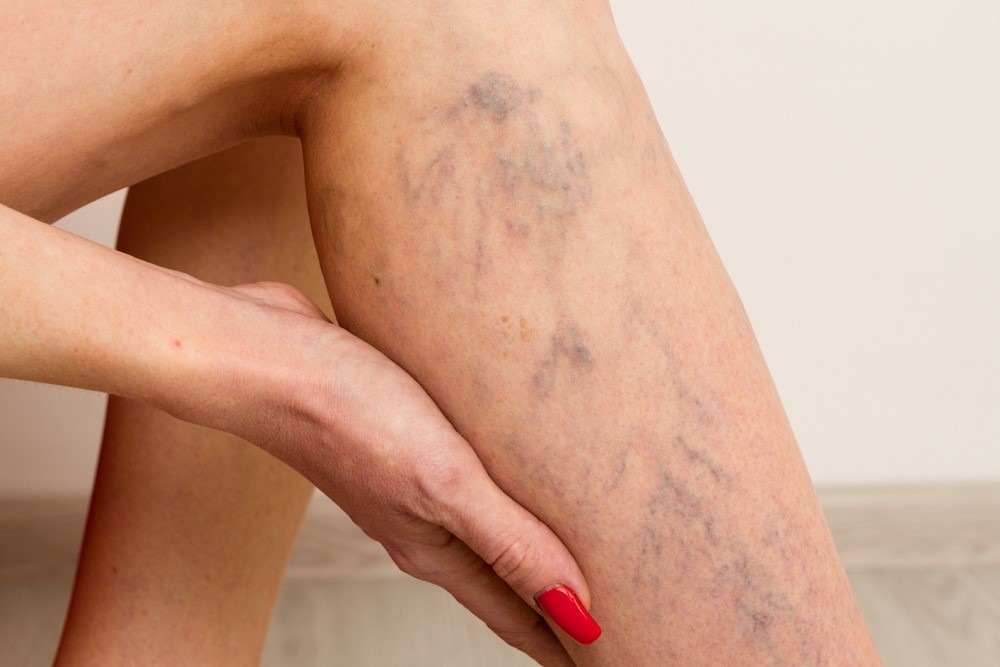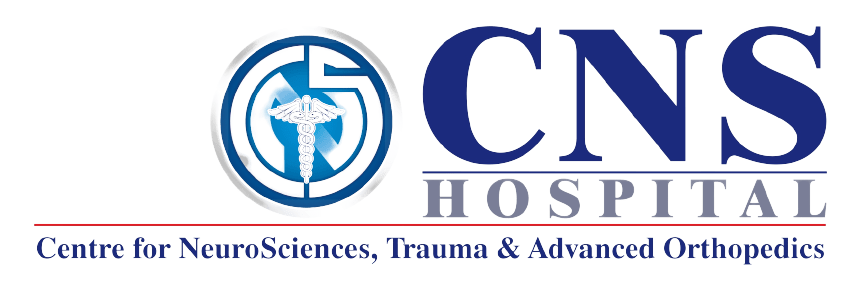Varicose veins treatment in Nashik
Varicose veins
What are varicose veins?
Varicose veins are a common condition that occurs when the veins become enlarged, twisted, and swollen, usually in the legs or feet. This happens when the valves in the veins don’t work properly, causing blood to pool in the veins and increasing the pressure within them. This, in turn, weakens the walls of the veins, causing them to stretch and bulge, leading to the appearance of varicose veins.
Varicose veins are often associated with symptoms such as pain, swelling, itching, and a feeling of heaviness or fatigue in the affected area. They may also cause skin changes such as discoloration, thickening, or ulcers. Varicose veins are more common in women than men and are often related to pregnancy, obesity, standing or sitting for long periods, and a family history of the condition.
CNS Hospital is specialized in providing varicose veins treatment in Nashik by the experienced and qualified plastic surgeons.

Treatment options for varicose veins depend on the severity of the condition and may include lifestyle changes such as exercise and weight management, compression stockings, and medical procedures such as sclerotherapy, laser therapy, or surgery to remove or close the affected veins.
What causes varicose veins?
Varicose veins are typically caused by problems with the valves in the veins that help regulate blood flow. Normally, these valves allow blood to flow from the legs back up to the heart, but when the valves become weakened or damaged, they may not close properly, causing blood to pool in the veins and leading to the development of varicose veins.
Several factors may contribute to the development of varicose veins, including:
Genetics: A family history of varicose veins increases the likelihood of developing the condition.
Age: The risk of developing varicose veins increases with age, as the veins become weaker and less elastic over time.
Gender: Women are more likely to develop varicose veins than men, likely due to hormonal changes during pregnancy and menopause.
Pregnancy: The increased pressure on the veins during pregnancy can cause varicose veins to develop.
Obesity: Excess weight can put additional pressure on the veins, making them more likely to become varicose.
Standing or sitting for long periods: Jobs or activities that require prolonged periods of standing or sitting can increase the risk of developing varicose veins.
Previous injury or surgery: Injuries or surgeries that affect the veins in the legs may increase the risk of developing varicose veins.
Treatment for varicose veins typically involves lifestyle changes, compression stockings, or medical procedures to close or remove the affected veins.
Is varicose veins a serious health problem?
Varicose veins are generally not considered a serious health problem, but they can cause discomfort and affect the quality of life for some people. Common symptoms associated with varicose veins include pain, swelling, itching, and a feeling of heaviness or fatigue in the legs.
In some cases, varicose veins can lead to more serious health problems, such as:
Blood clots: Varicose veins can increase the risk of blood clots, which can be a serious health concern if they travel to the lungs or heart.
Ulcers: In severe cases, varicose veins can cause ulcers to form on the skin around the affected veins, which can be difficult to treat.
Bleeding: Varicose veins can sometimes rupture and cause bleeding, which may require medical attention.
Infections: Skin changes associated with varicose veins, such as ulcers or open sores, can increase the risk of infections.
While varicose veins themselves are generally not considered a serious health problem, it’s important to monitor them and seek medical attention if they are causing pain or other symptoms, or if you have any concerns about your condition. Treatment options are available to manage the symptoms and prevent complications from developing.
How varicose veins diagnosed
Varicose veins can usually be diagnosed through a physical examination by a healthcare provider, who will look at the affected area and check for signs of swelling, discoloration, and twisted, bulging veins. They may also ask about any symptoms you are experiencing, such as pain, heaviness, or fatigue in the legs.
In some cases, the healthcare provider may recommend additional tests to confirm the diagnosis or assess the severity of the condition. These tests may include:
Doppler ultrasound: A non-invasive test that uses sound waves to create images of the blood flow in the veins.
Venogram: A test that involves injecting a dye into the veins and taking X-rays to assess the blood flow and condition of the veins.
Magnetic resonance imaging (MRI): An imaging test that uses magnetic fields and radio waves to create detailed images of the veins.
These tests can help determine the extent of the varicose veins and whether there are any underlying issues that may require further treatment.
If you are experiencing symptoms of varicose veins or have concerns about your condition, it’s important to talk to a healthcare provider who can provide an accurate diagnosis and recommend appropriate treatment options.
What doctor to see for varicose veins
If you suspect that you have varicose veins or are experiencing symptoms such as pain, swelling, or discomfort in your legs, you should consult with a healthcare provider. Depending on the severity of your condition, you may be referred to a specialist who can diagnose and treat varicose veins.
The healthcare providers who typically diagnose and treat varicose veins include:
General practitioners or primary care physicians: These healthcare providers can diagnose and treat mild to moderate cases of varicose veins and may refer you to a specialist for further treatment if necessary.
Vascular surgeons: These medical professionals specialize in treating conditions that affect the blood vessels, including varicose veins.
Phlebologists: These specialists focus specifically on diagnosing and treating venous disorders such as varicose veins.
Interventional radiologists: These specialists use minimally invasive techniques to diagnose and treat varicose veins.
Dermatologists: These specialists can help diagnose and treat skin changes associated with varicose veins, such as ulcers or discoloration.
Your primary care physician can help determine which specialist you should see based on the severity of your condition and your medical history.
Types of treatment offered for varicose veins
There are several treatment options available for varicose veins, depending on the severity of the condition and the symptoms you are experiencing. Treatment options for varicose veins include:
Lifestyle changes: Making lifestyle changes, such as exercising regularly, maintaining a healthy weight, avoiding prolonged periods of sitting or standing, and wearing compression stockings, can help improve blood flow and relieve symptoms of varicose veins.
Sclerotherapy: This minimally invasive procedure involves injecting a solution into the affected veins, which causes them to shrink and eventually disappear.
Endovenous laser treatment (EVLT): This procedure uses a laser to heat and close the affected vein, redirecting blood flow to healthier veins.
Radiofrequency ablation: This procedure uses heat generated by radiofrequency energy to close the affected vein and redirect blood flow.
Surgical vein stripping: This procedure involves removing the affected vein through small incisions in the skin.
Ambulatory phlebectomy: This minimally invasive procedure involves removing the affected vein through small incisions in the skin.
The choice of treatment will depend on the severity of your varicose veins, your medical history, and your personal preferences. Your healthcare provider will help determine which treatment is most appropriate for you.
If you are also looking for varicose veins treatment in Nashik then visit CNS Hospital and get your varicose veins treated today.

